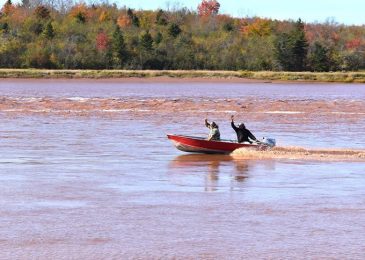Joan Baxter: I don’t think we are short of good journalists at all
I interviewed Joan Baxter, author of The Mill, and all round excellent reporter. We talked to Joan about bringing her African experience to Nova Scotia, what’s good and not so good about journalism here, the dangers of too much skepticism, the walls governments build around information, why give up your weekend to sit behind a computer, and much more. “That’s the very long story about how I got to be old and cranky,” Baxter said.










